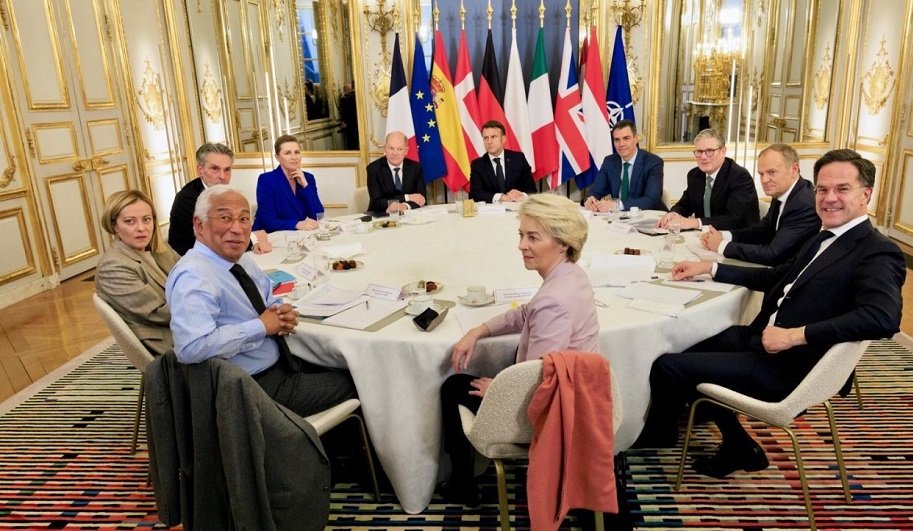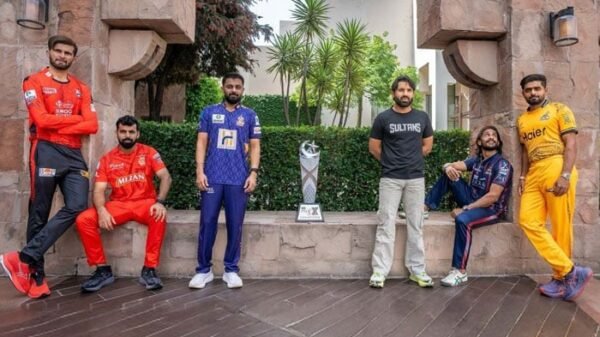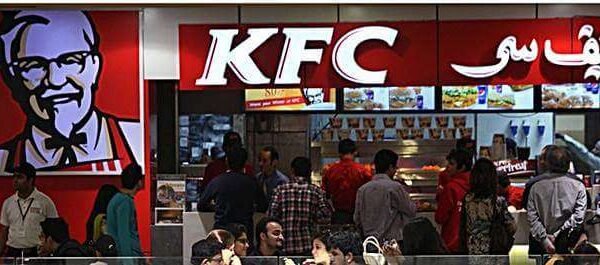Delegations from the U.S. and Russia met in Riyadh to initiate negotiations for a potential Ukraine peace deal. Despite being sidelined from discussions over a war unfolding on its own continent, Europe’s response has been largely muted.
French President Emmanuel Macron attempted to rally European leadership by convening an informal meeting with six EU leaders—Italy, Germany, Poland, Spain, the Netherlands, and Denmark—alongside the British Prime Minister, the European Commission President, the European Council President, and the NATO Secretary General. However, the meeting yielded no concrete decisions, once again highlighting Europe’s struggles to assert itself as a decisive political actor in major international crises.
Europe’s Strategic Missteps
Europe’s initial response to Russia’s invasion of Ukraine was marked by rare unity, with swift approval of sanctions and substantial economic and military aid packages. However, this early cohesion failed to translate into viable political solutions. Instead, European leaders backed a strategy of military escalation—largely reliant on U.S. resources—while failing to define a sustainable long-term vision independent of Washington’s leadership.
This approach saw Europe continually supporting U.S. initiatives to expand military assistance—ranging from providing Leopard tanks to endorsing strikes inside Russian territory—despite lacking the material capability to sustain these policies without American backing. At the same time, Europe adopted increasingly aggressive rhetoric, including ambitious but unrealistic goals such as an “irreversible path” to NATO membership for Ukraine. Even the symbolic granting of EU candidate status to Ukraine did little to enhance credibility, instead exposing the EU enlargement process as politically inconsistent—especially in the eyes of nations like those in the Western Balkans, where accession efforts remain stalled.
The Role of EU Institutions
The EU’s failure to develop an independent strategy has been exacerbated by its deepening reliance on transatlantic defense policies. This trend accelerated following the 2024 elections, with key appointments further entrenching a hardline stance on Russia.
The new European Commission granted significant influence over security policy to the Baltic states, whose historical experience with Russian occupation has shaped their traditionally hawkish positions. Former Estonian Prime Minister Kaja Kallas was appointed High Representative for Foreign Affairs and Security Policy, while former Lithuanian Prime Minister Andrius Kubilius became the EU’s first-ever Defense Commissioner.
For the Baltic countries, security concerns have long taken precedence over broader European integration, with EU defense strategy seen as an extension of NATO’s military umbrella. Kallas exemplifies this approach, having consistently opposed an independent EU army in favor of a NATO-led defense system. She has also associated with controversial pro-NATO campaigns such as NAFO, an online movement criticized for radicalized and xenophobic rhetoric.
The Missing European Strategy
Rather than fostering strategic autonomy, Brussels has doubled down on rigid transatlantic alignment, relying on increasingly militant rhetoric as a substitute for coherent policymaking. While Europe has provided economic and military aid to Ukraine, it has failed to coordinate a unified strategy or propose viable diplomatic pathways beyond the unrealistic goal of Russia’s total defeat. Without a clear, independent vision, Europe risks being relegated to the sidelines—not just in the Ukraine conflict, but in shaping the future of global security.










